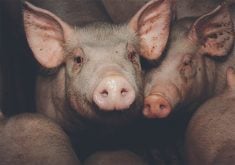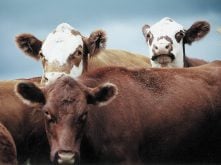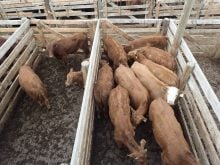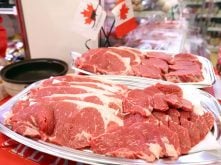An American cattle producers’ tour of the Alberta beef industry from nose to tail may dispel concerns about how Canada handled its BSE situation.
Some members of the U.S.-based National Cattlemen’s Beef Association have suggested the United States delay opening its border to Canadian cattle, which is scheduled for March 7. The members cite two BSE cases found in Alberta in early January and reports that feed being sold in Canada as purely plant-based contained animal protein.
Yet the bottom line for the nine members who toured Alberta may have been economic concerns, said Darcy Davis, chair of Alberta Beef Producers, who toured with the American group.
Read Also
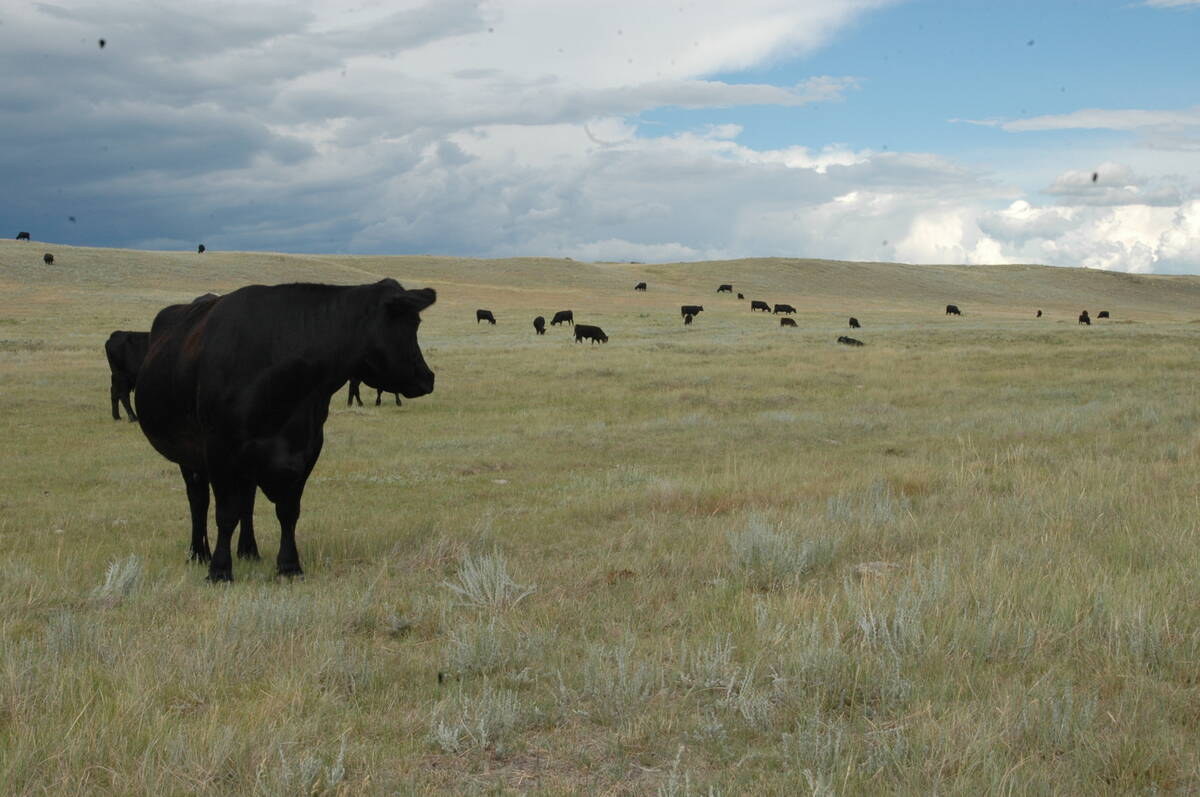
Saskatchewan Cattle Association struggles with lower marketings
This year’s change in the provincial checkoff has allowed the Saskatchewan Cattle Association to breathe a little easier when it comes to finances.
American beef producers have enjoyed record prices since the border closed and do not want the windfall to end, he said.
Some Americans worry that Canada could ship up to two million head of cattle within six months after a border reopening, causing market disruptions. But a flyover of feedlot alley north of Lethbridge revealed many empty pens.
“They are not facing that wall of cattle they expected,” Davis said.
The preliminary report said there is unused capacity in southern Alberta feedlots and the number of yearling cattle is low, which is normal for Canadian lots. Cattle older than 30 months are severely discounted and there is no market incentive to keep fed cattle beyond this age.
The report also noted Canadian slaughter capacity has increased. A U.S. Department of Agriculture economic impact analysis did not fully account for the 22 percent increase in slaughter capacity in Canada in 2004.
Besides feedlots, the U.S. group visited feed mills in Lethbridge and Olds, Alta. The Olds facility uses segregated lines to handle meat and bone meal from ruminants and other livestock in feed blends. These mills have a safety system called hazard analysis critical control points in place.
The preliminary NCBA report suggested a U.S. Food and Drug Administration audit of the mills is appropriate in light of reports that some mills had animal protein in grain-based feeds. It may not be too much to ask if it helps resume trade, said Davis.
“We’re the people with the (BSE) positives and they’re the people making the rule,” Davis said.
The group also visited Cargill Foods at High River, Alta., to view its slaughter and rendering facilities, as well as a facility in Calgary where cattle byproducts are handled.
“The Canadian feed industry appears to be in compliance with its feed ban, based on visual inspections and audit reports,” said the report.
The final report is expected to be presented at the National Cattlemen’s Beef Association convention in San Antonio, Texas, Feb. 2-5.
The Americans also made several other requests to expedite trade:
- Resolution of the anaplasmosis and bluetongue trade issues. Feeder cattle in 39 states may enter Canada without testing for these blood diseases, but older animals and breeding cattle may not.
- That by March 7 trade be re-established with Japan and South Korea and expanded in Mexico through negotiations between the highest levels of government officials.
- That the U.S. not import beef from Canadian cattle older than 30 months to prevent a trade imbalance that discriminates against U.S. cow-calf producers.
- That the USDA clarify the Canadian rule regarding the importation of heifers to ensure they do not escape into the breeding herd, by providing age verification and more detailed procedures for importation of live cattle.




